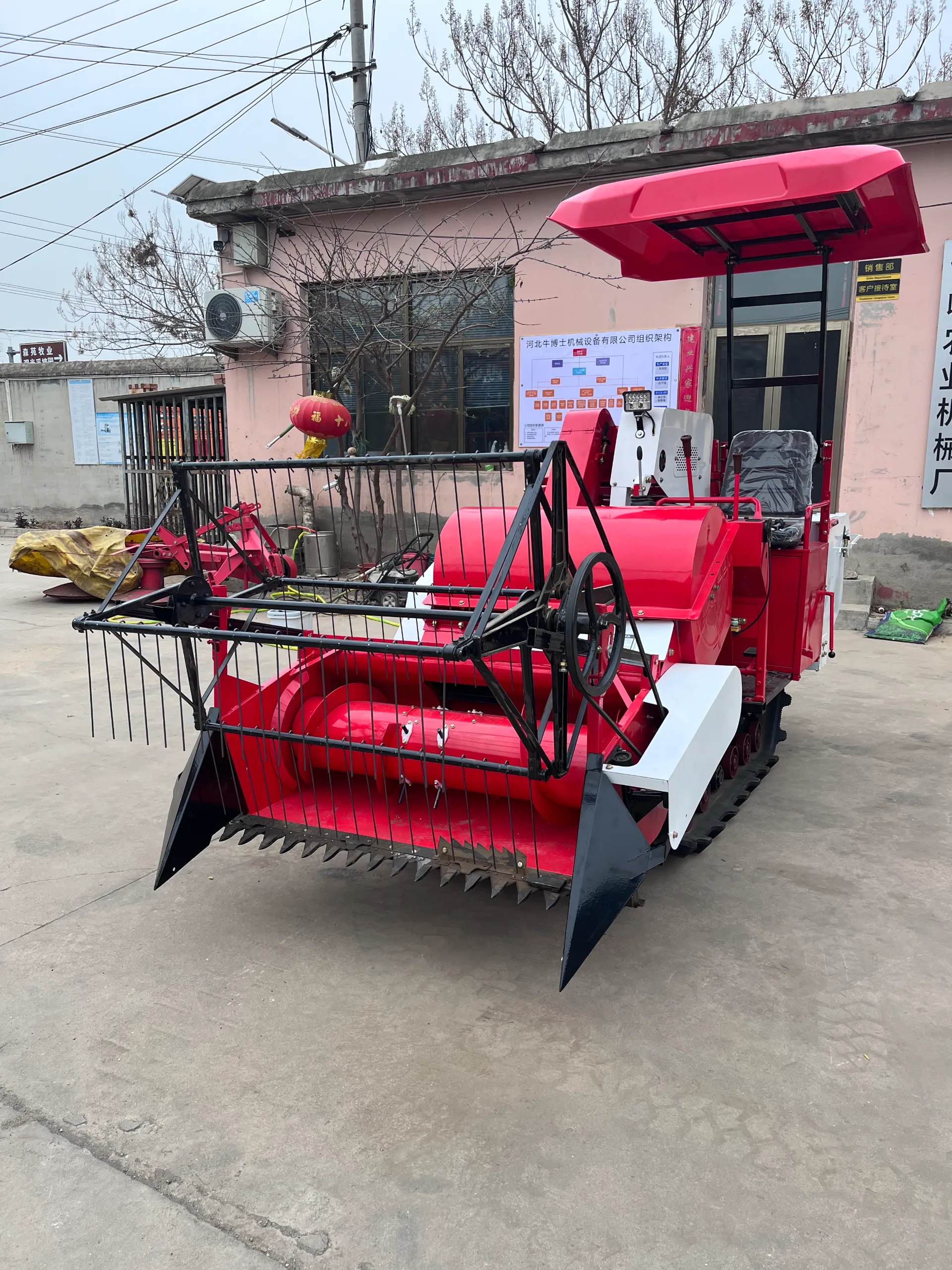Innovative Solutions for Efficient Poultry Litter Management Through Advanced Windrowing Techniques
The Importance of Poultry Litter Windrowers in Sustainable Farming
In recent years, the agricultural industry has seen a growing emphasis on sustainable farming practices, particularly when it comes to waste management. One of the most effective tools developed to assist farmers in this area is the poultry litter windrower. This essential piece of equipment not only aids in the management of poultry waste but also plays a pivotal role in enhancing soil health and promoting environmental sustainability.
Poultry litter, which consists of a mixture of chicken manure, feathers, and bedding materials like straw or sawdust, is a nutrient-rich byproduct of poultry farming. When managed correctly, it can serve as an excellent organic fertilizer, offering essential nutrients to crops. However, improper handling and storage of poultry litter can lead to various environmental issues, including nutrient runoff into waterways, which may result in algal blooms and water quality degradation. This is where the poultry litter windrower comes into play, providing a crucial solution to these pressing challenges.
A poultry litter windrower is specifically designed for the efficient collection, turning, and aeration of poultry litter. The equipment creates windrows, or long piles, of litter that are easier to manage and monitor. The primary function of the windrower is to turn the litter, allowing for proper decomposition and nutrient stabilization while ensuring that the waste material does not become overly compacted. This aeration process is essential for promoting the activity of beneficial microorganisms, which break down organic matter and convert it into forms that are accessible to plants.
poultry litter windrower

The use of windrowers can significantly enhance the composting process. By regularly turning the litter, farmers can facilitate the breakdown of organic materials and reduce odors associated with poultry waste. This not only improves the surrounding air quality but also contributes to the overall health of the farm environment. The finished compost is often of higher quality, rich in nutrients, and free of pathogens, making it a sought-after product for organic farming.
Moreover, utilizing a poultry litter windrower can lead to economic benefits for poultry farmers. By transforming waste into a valuable resource, farmers can reduce their reliance on commercial fertilizers, which can be costly and unsustainable in the long run. Additionally, properly managed poultry litter can be marketed to neighboring farms as an organic fertilizer, opening up new revenue streams and promoting a circular economy within the agricultural sector.
Another vital aspect of poultry litter windrowers is their role in environmental conservation. With increasing scrutiny on farming practices and their impact on climate change, the ability to manage poultry waste effectively aligns with global sustainability goals. By minimizing nutrient runoff, reducing greenhouse gas emissions, and promoting soil health, windrowers help poultry farmers contribute to a more sustainable agricultural landscape.
In conclusion, the poultry litter windrower is a transformative tool that has far-reaching benefits for farmers, the environment, and society as a whole. By enabling efficient waste management, enhancing composting processes, and promoting economic sustainability, this equipment plays a critical role in advancing sustainable agricultural practices. As the industry continues to evolve, embracing tools like the poultry litter windrower will be essential in addressing the challenges of waste management while fostering a greener, more sustainable future for farming.
Latest news
-
When to Upgrade Your Old Forage HarvesterNewsJun.05,2025
-
One Forage Harvester for All Your NeedsNewsJun.05,2025
-
Mastering the Grass Reaper MachineNewsJun.05,2025
-
How Small Farms Make Full Use of Wheat ReaperNewsJun.05,2025
-
Harvesting Wheat the Easy Way: Use a Mini Tractor ReaperNewsJun.05,2025
-
Growing Demand for the Mini Tractor Reaper in AsiaNewsJun.05,2025







